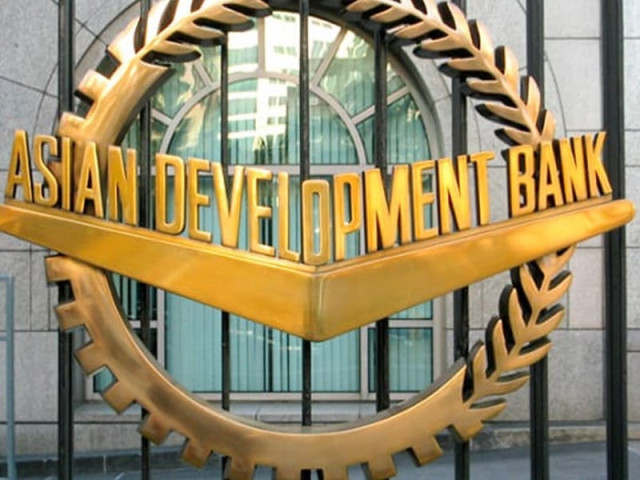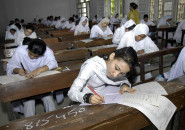ADB initiates measures to reduce greenhouse gas emissions in Pakistan
The initiative supports Pakistan's Paris Agreement and Global Methane Pledge commitments to combat climate change

The Asian Development Bank (ADB) has initiated measures to curb greenhouse gas emissions in Pakistan, with a particular focus on improving water efficiency.
In collaboration with local authorities, pilot studies have been launched in Sheikhupura and Okara to trial alternative methods for wetting and drying soil, aimed at enhancing water production capacity.
These trials are part of a broader effort to reduce water wastage in agriculture, which remains one of Pakistan's most significant environmental challenges.
According to a report by the ADB, the pilot project is expected to reduce greenhouse gas emissions while also addressing the environmental impact of rice cultivation.
The initiative aligns with Pakistan's commitments under the Paris Agreement and the Global Methane Pledge to mitigate the effects of climate change, particularly in the agricultural sector.
The report highlights the need for farmers to adopt alternative techniques to better manage water usage.
"A green revolution in Pakistan's agriculture sector is expected under the Paris Agreement and the Global Methane Pledge," the report states, emphasising that water conservation is a critical part of this transformation.
Over the past decade, Pakistan's rice exports have surged by 95%, with the annual export volume reaching USD 3.7 billion. The ADB's collaboration with Pakistan aims to safeguard rice production from the impacts of climate change, ensuring the sustainability of this vital industry for the country.
"The rice crop needs protection from the effects of climate change, and our partnership with Pakistan is focused on providing that," said an ADB spokesperson.
The initiative is seen as a significant step toward a more sustainable agricultural future for Pakistan, a country that faces growing environmental challenges due to water scarcity and climate change.



















COMMENTS
Comments are moderated and generally will be posted if they are on-topic and not abusive.
For more information, please see our Comments FAQ